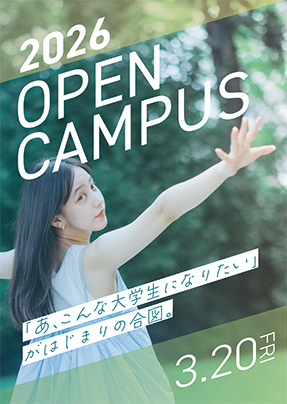Faculty of Economics 's Chonabayashi Seminar implemented AI-based food loss reduction measures at the New Prince cafeteria
Our University Faculty of Economics ・Shun Chonabayashi Seminar (Environmental Economics and Development Economics) has introduced a point award policy aimed at reducing food loss in the "New Prince Cafeteria" on campus using an AI system (app) developed by students.
This measure aims to raise awareness of food loss reduction and encourage behavior change among cafeteria users, and to contribute to solving issues in society as a whole by developing successful cases of food loss as model cases for local communities and other universities. In cooperation with LEOC Co., Ltd., a restaurant company, it was held from November 5 (Wed) to November 25 (Tue).
Currently, food loss is a global issue, and according to a survey by the Ministry of Agriculture, Forestry and Fisheries and the Ministry of the Environment, Japan's food loss in FY2023 reached 4.64 million tons per year (4.72 million tons in the previous year) (*1). The Chonabayashi Seminar combines AI technology with incentive design to solve this problem from everyday places in student life.
Overview of the measures
1. An AI system developed by a seminar student scans dishes after customers have finished eating.
2. AI will assess the amount of food left on the table and automatically award points if it determines there is no leftover food.
3. When you reach a certain number of points, you will receive a special bonus of a small dish or a large serving of rice or noodles for free.
Implementation period and location
・Period: Wednesday, November 5th, 2025 to Tuesday, November 25th, 2025
・Time: Weekdays from 11:00 to 13:00 during the above period
Location: Soka University New Prince Cafeteria (1-236 Tanukicho, Hachioji City)
・Target audience: Students and faculty of the university
Initial effects (November 5th to November 13th)
The total number of app users from November 5th to 13th was 153, indicating that many students, faculty, and staff are already using the app, even though it was just introduced. In a pre-survey of app users, approximately 80% responded that they have become more conscious of not leaving food on their plates. These results suggest that AI-based instant feedback and reward incentives are a promising method for encouraging behavioral change toward reducing food waste.
Comment from Shinji Kataoka (Faculty of Economics 3rd year), who is in charge of this measure
We are implementing this initiative because we want to see reducing food waste not just be an issue of awareness, but lead to actual action. After numerous discussions with cafeteria staff, we created a system with our own hands, including an app and coupons, so that customers can feel they are contributing to the environment through their daily meals.
I believe that being able to bring about a change in behavior starting in a familiar place like a cafeteria is an initiative that can only be undertaken at a university. I hope that this project will inspire as many students as possible to take a step toward environmental conservation and contribute to creating a sustainable society.


